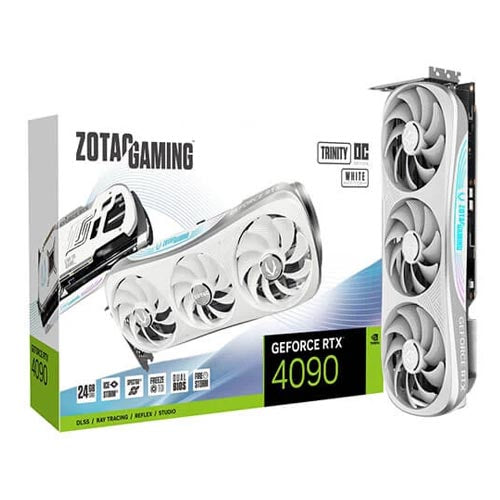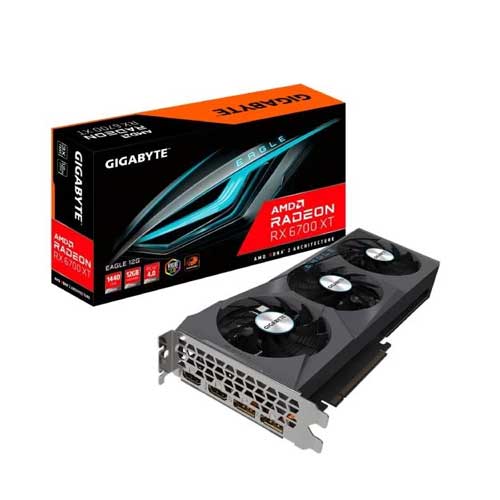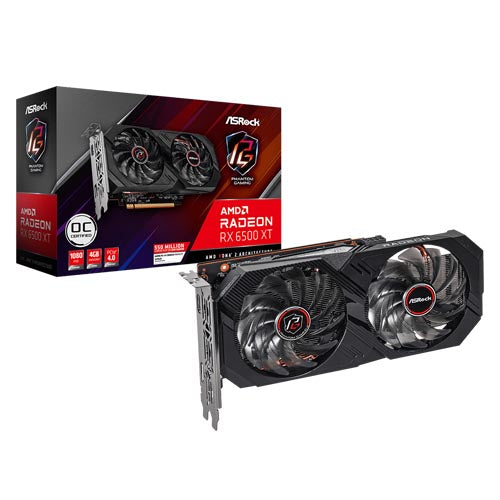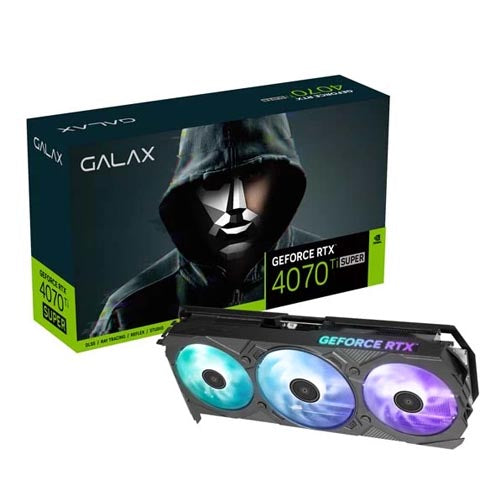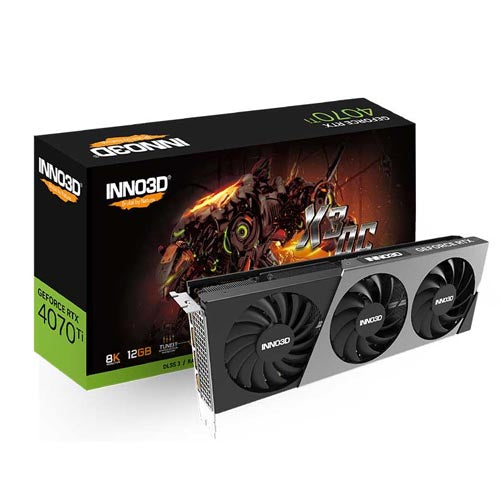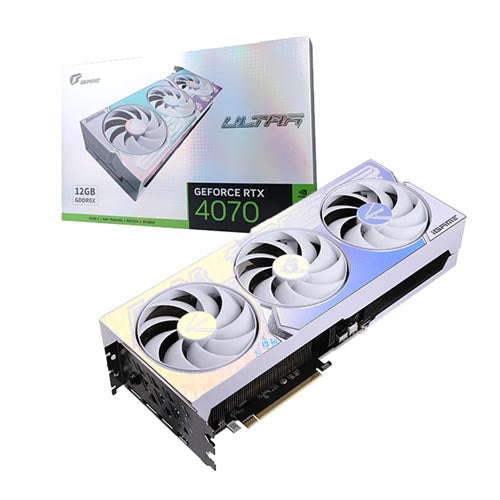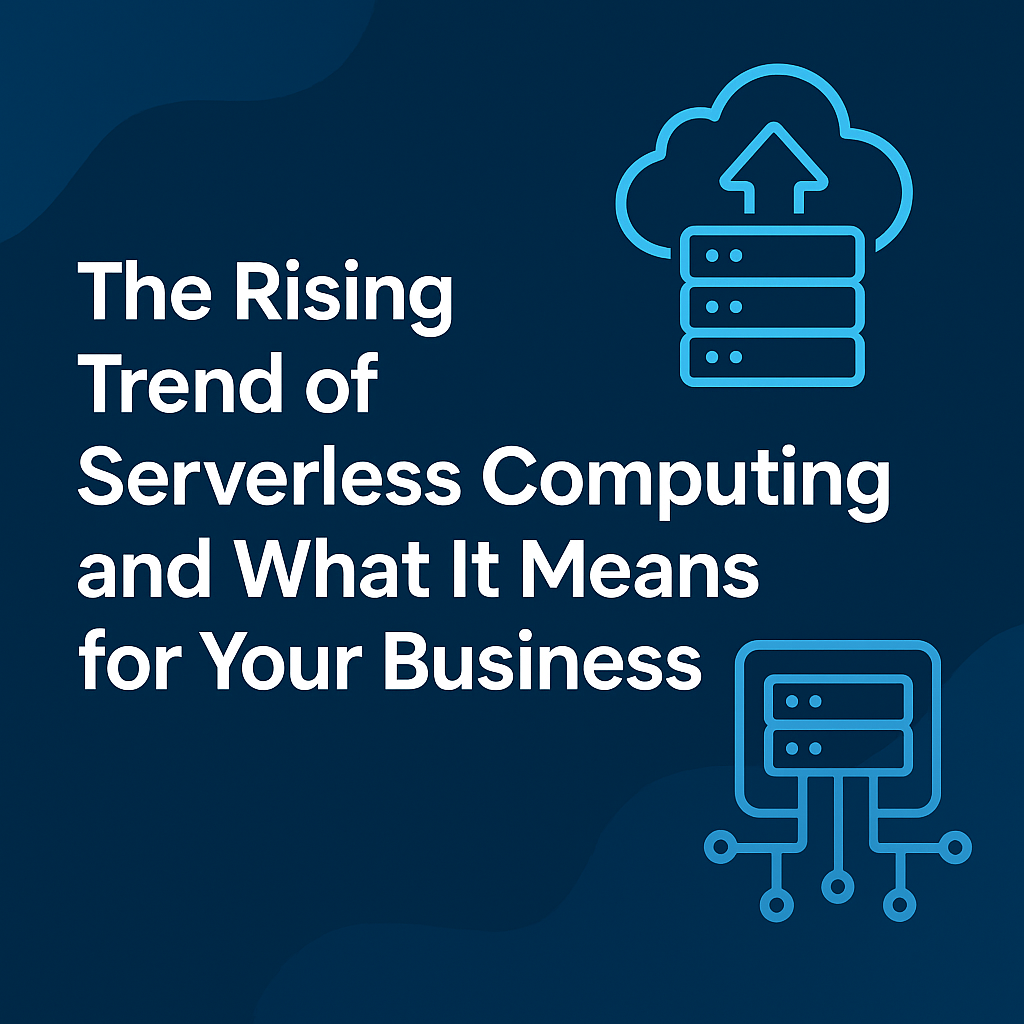
E-commerce is a high-stakes arena where milliseconds matter. A page that loads a second too late, a checkout system that times out, or a security flaw that leaks customer data—any one of these can result in lost sales, damaged brand reputation, and broken trust.
While design and UX grab the spotlight, it’s the server and hosting infrastructure behind the scenes that keeps everything running smoothly. From handling high volumes of web traffic to processing payments securely and scaling seamlessly during sales events, your hosting choice can determine whether you scale or stall.
This blog explores the technical requirements, hosting options, and key factors to help you choose the right server and cloud setup for your e-commerce business.
Why E-commerce Hosting Needs Are Unique
Unlike static websites or blogs, e-commerce platforms have dynamic, transactional workloads. They process real-time data from multiple sources—users, databases, payment systems, third-party APIs—and must respond instantly and securely.
Common challenges include:
-
-
Traffic spikes during promotions or holidays
-
Concurrent user sessions browsing and buying
-
Fast image and video rendering for product catalogs
-
Secure checkout and data encryption
-
Inventory and order management syncing
-
 All these require a server environment that is fast, redundant, secure, and scalable.
All these require a server environment that is fast, redundant, secure, and scalable.
Dedicated Servers: Maximum Control for High-Volume Operations
Dedicated physical servers offer an entire machine’s resources exclusively for your business. No shared bandwidth. No noisy neighbors. Just raw performance.
🔧 Use Cases:
-
-
High-volume sites processing thousands of transactions per minute
-
E-commerce businesses needing custom server-level configurations
-
Agencies running multiple stores under one enterprise umbrella
-
⚙️ Technical Strengths:
-
-
Complete control over software stack and security policies
-
Hardware tailored to your use case (e.g., NVMe SSDs for faster product search)
-
Advanced caching (Varnish, Redis) and database tuning
-
Greater I/O throughput for high concurrency
-
However, dedicated servers require manual maintenance, monitoring, and regular patching—meaning you’ll need skilled DevOps or managed support.
Cloud Hosting: Agility, Automation, and Affordability
Cloud platforms like Amazon Web Services (AWS), Google Cloud, Microsoft Azure, and modern providers like DigitalOcean or Vultr offer virtualized infrastructure that can scale as your store grows.
🌐 Perfect For:
-
-
Startups and medium-scale stores with fluctuating traffic
-
Multi-regional businesses expanding across continents
-
Brands prioritizing cost-efficiency and managed services
-
🔍 Technical Perks:
-
-
Auto-scaling groups scale up during flash sales and shrink during quiet hours
-
Global CDNs and edge servers ensure fast page loads anywhere
-
Integrated services like Cloud SQL, S3 buckets, object caching, and email relays
-
Infrastructure-as-Code (IaC) tools like Terraform for automation
-
The cloud lets you focus on business logic while delegating server management to infrastructure experts. It’s elastic, fast to deploy, and supported by a wide developer ecosystem.
Hybrid Architecture: A Balanced Approach for Resilience
Many growing or enterprise e-commerce companies use a hybrid hosting strategy to balance performance, compliance, and cost.
Example Use Case:
-
-
Core transactional systems run on secure dedicated servers.
-
Static assets (images, CSS, JavaScript) are served from a cloud CDN.
-
Backup, staging, and logging infrastructure lives on the cloud.
-
This hybrid model ensures resiliency (via failover), cost efficiency, and operational flexibility.
Security Considerations for E-commerce Infrastructure
Security is critical when you're storing sensitive user data and handling credit card transactions.
Core Security Features:
-
-
TLS 1.3 for encrypted communications
-
Web Application Firewall (WAF) to prevent SQL injections or cross-site scripting (XSS)
-
PCI-DSS compliance for safe payment handling
-
Two-factor authentication for admin panels
-
Database encryption at rest and in transit
-
Regular vulnerability scanning and patch updates
-

Dedicated hosting may give you full control, but cloud platforms offer tools like IAM roles, secret managers, and managed security services out of the box.
Scaling and Performance Optimization
A slow site loses users—Google research shows that a delay of just 2 seconds can increase bounce rates by 32%.
How to Scale Effectively:
-
-
Use load balancers to distribute traffic across multiple servers.
-
Store product images and static assets on CDNs for rapid delivery.
-
Offload compute-heavy tasks (like image processing) to serverless functions.
-
Cache everything possible—HTML, database queries, API responses.
-
Choose SSD-based storage with high IOPS for backend performance.
-
For developers, implementing horizontal scaling strategies ensures redundancy and resiliency during traffic spikes.
Monitoring, Uptime, and Observability
Monitoring your infrastructure in real time ensures issues are resolved before users notice.
Tools and Best Practices:
-
-
Use Datadog, New Relic, or Prometheus + Grafana for server health and performance metrics.
-
Set up real-time alerts for high CPU usage, memory leaks, or downtime.
-
Integrate with incident management tools (PagerDuty, Opsgenie) to automate response.
-
Regularly analyze logs using ELK stack or CloudWatch for anomaly detection.
-
Monitoring is not a luxury—it's a business continuity requirement.
Summary: What Your E-Commerce Server Stack Should Deliver
Your hosting solution should enable your e-commerce store to:
-
-
Load quickly across devices and geographies
-
Handle thousands of simultaneous users
-
Scale gracefully during promotions or seasonal traffic
-
Maintain compliance with global data security regulations
-
Integrate with other tools (CRM, ERP, analytics, email)
-
Whether you choose a dedicated server, public cloud, or hybrid infrastructure, make sure it aligns with your long-term business growth and customer expectations.
Conclusion: Powering Commerce with the Right Infrastructure
E-commerce today is a high-performance, always-online endeavor. Success depends on infrastructure choices that are resilient, secure, scalable, and optimized for performance.
The right server or cloud solution gives you the edge to:
-
-
Deliver consistent customer experience
-
Handle demand fluctuations effortlessly
-
Protect user data and transactions
-
Expand globally with minimal friction
-
“Your hosting isn’t just where your website lives—it’s where your business performs.”
